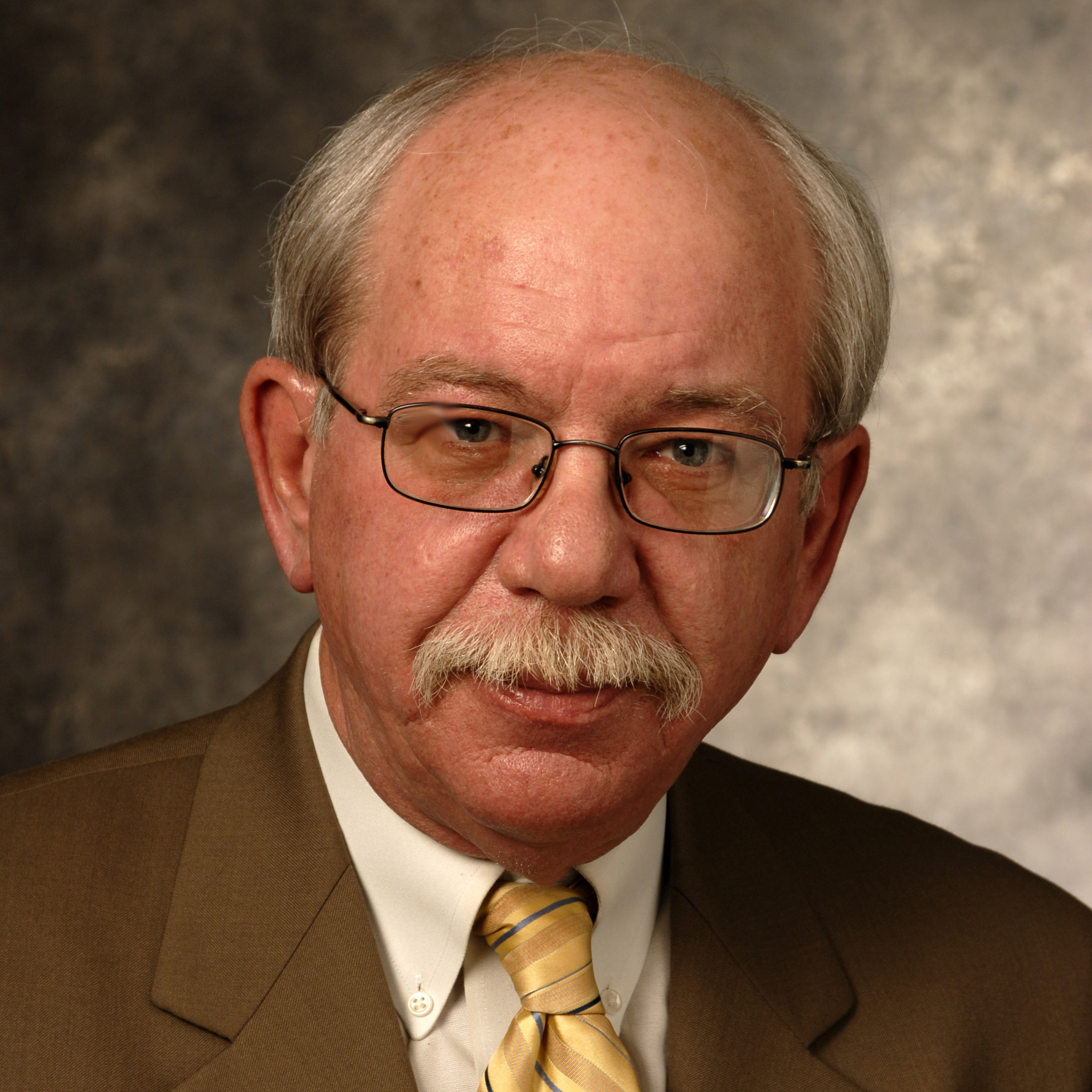SMU celebrates the life and legacy of Dr. Martin Luther King Jr.
Dream Week at SMU celebrates the life and legacy of Dr. Martin Luther King Jr.

Dream Week at SMU celebrates the life and legacy of Dr. Martin Luther King Jr. and recalls his speaking at the University in 1966.
Sponsored by SMU's Office of Multicultural Student Affairs, the annual observance features a variety of activities throughout the week, including opportunities for community service and a commemorative walk.
Schedule of events for Dream Week 2012:
Monday, January 16
Day of Service - Opportunities to make a difference at one of the following locations:
- Children's Medical Center - Please arrive at the SMU Service House (3041 Dyer Court) no later than 9:15 a.m. Transportation to Children’s will be provided. You can plan to be back on campus by noon.
- Dallas LIFE - Please arrive at the SMU Service House (3041 Dyer Court) no later than 9:15 a.m. Transportation to Dallas LIFE will be provided. Your volunteer shift at Dallas LIFE will last until 1 p.m.
- Genesis Women’s Shelter Thrift Store - Please arrive at the SMU Service House (3041 Dyer Court) no later than 9:30am. Transportation will be provided. Your volunteer shift at Genesis will last until 1 p.m.
* For more information on these events, including what to wear, please contact Steve Johnson, coordinator of Multicultural Student Services, at 214-768-4586 or stevenj@smu.edu
Tuesday, January 17
Kickoff event featuring Dennis Simon (associate professor of political science) and Rick Halperin (director of SMU’s Human Rights Education Program).
Noon - 2 p.m.
Hughes-Trigg Student Center Commons.
Presented by SMU's Office of Multicultural Student Affairs.
Wednesday, January 18
Unity Walk
Noon
Starts at the flagpole and includes remarks
by SMU President R. Gerald Turner.Standing on My Sisters’ Shoulders — This award-winning documentary examines the Civil Rights movement in Mississippi in the 1950’s and 60’s from the point of view of the courageous women who lived it – and emerged as its grassroots leaders.
7:30 p.m.
Hughes-Trigg Student Centere Forum.
Presented by the SMU Women's Center.
Thursday, January 19
The Willson Lecture Series presents Daniel White Hodge speaking on "The Hostile Gospel: Seeking the Theological Sensibilities within Hip Hop Culture."
The lecture will be at 10 a.m. in the Hughes-Trigg Forum followed by a brown-bag discussion at 11:30 a.m. in Hughes-Trigg Promenades A and B.
Presented by the SMU Office of the Chaplain.
In The News |
|
|
From the January 14, 2012, edition of The Christian Science Monitor By Daniel B. Wood Awaiting a panel discussion titled, “What if Dr. Martin Luther King, Jr. had Tweeted the Civil Rights Movement,” Franklin Henderson sits in the darkened Steve Allen Theater, talking about the life he didn’t have to lead because of King. “We didn’t have a poll tax in Miami, Florida where I grew up or a lot of the other hurdles blacks had,” says the retired, Past National President of the Ninth & Tenth (Horse) Calvary Association. “He brought civil rights in America a very long way.” “But not far enough,” says his wife, Doris. “There is still a long way to go.” . . .
“There is appreciation of his religious thought and his political philosophy of non-violence, but often overlooked is his management skills,” says Dennis Simon, a political scientist at Southern Methodist University. Professor Simon says King’s first post of importance was a diverse contingent of groups that included ministers, labor leaders, and a woman’s council, called the Montgomery Improvement Association. “This is where he went into the trenches and learned how to deal with people, how to deliberate and come to decisions, how to develop political strategy, and how to frame it in a viable narrative for the media,” says Simon. “We are all the beneficiaries of what King learned in this crucible.” Dennis Simon is the Altshuler Distinguished Teaching Professor of Political Science in SMU's Dedman College and author of Breaking the Political Glass Ceiling: Women & Congressional Elections. |
From SMU's Rick Halperin
"What has been sorely lacking in America the 44 years since King's death has been the call of moral persuasion toward a national betterment of our spirit and of our acts toward one another and the world at large. We remain in the quagmire of partisan politics, finger-pointing and self-aggrandizement all couched in the false guise of "love of country." For Dr. King, "love of country" did not include gross economic disparities, political injustice, civil inequities and a nation mired in foreign conflicts abroad. He remained focused on trying to appeal to the better nature of all people regardless of their race, gender, ethnicity, sexual orientation and economic status in life. The great equalizer for Rev. King was the fact that people were alive, and hence were entitled to their inherent rights in any social, cultural, economic, civil and political undertaking. Today's leaders, both in this country and around the world, would do well to really study, remember and learn from Dr. King's legacy." Rick Halperin is director of the Embrey Human Rights Program in SMU’s Dedman College, a longtime human rights advocate and past chair of the Board of Directors of Amnesty International USA. |
# # #
 Asked what is less known or underappreciated about King, some say it was his ability to execute nuts-and-bolts organizing with diverse organizations that came together during the civil rights era.
Asked what is less known or underappreciated about King, some say it was his ability to execute nuts-and-bolts organizing with diverse organizations that came together during the civil rights era. "Martin Luther King spoke about compassion, respect, love, human rights, diversity and justice as the broad goals that all of us as individuals and collectively as a nation should constantly be striving toward. Sadly, no one of either gender, any major political party, or any race or ethnicity who has been in or aspired to the higher echelons of leadership of this country since 1968 has addressed the concepts in any way as Rev. King did.
"Martin Luther King spoke about compassion, respect, love, human rights, diversity and justice as the broad goals that all of us as individuals and collectively as a nation should constantly be striving toward. Sadly, no one of either gender, any major political party, or any race or ethnicity who has been in or aspired to the higher echelons of leadership of this country since 1968 has addressed the concepts in any way as Rev. King did.